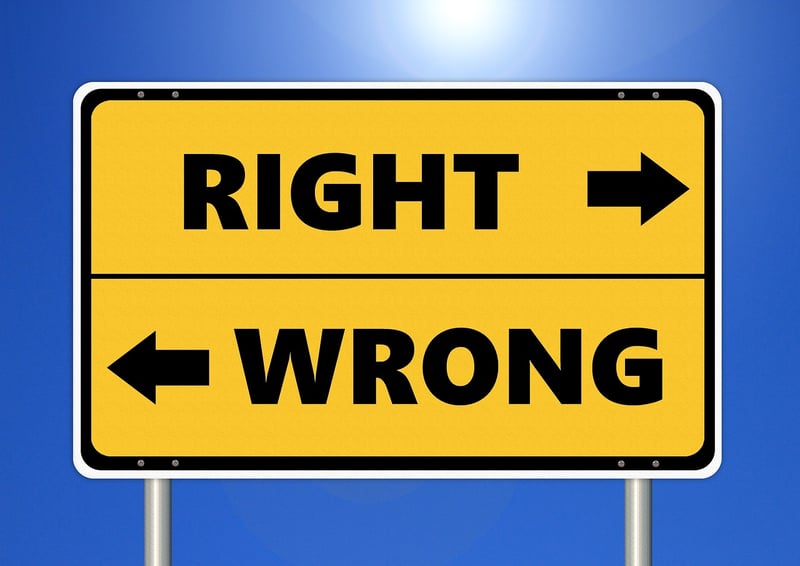Moral Responsibilities
Ethical Considerations and Moral Responsibilities
When it comes to making decisions in both personal and professional settings, ethical considerations and moral responsibilities play a crucial role. Understanding the impact of our actions on others and society as a whole is essential in maintaining integrity and upholding values.
What are Ethical Considerations?
Ethical considerations refer to the principles that guide individuals and organizations to differentiate between right and wrong behavior. These considerations often involve assessing the consequences of actions, ensuring fairness, and respecting the rights of others.
Why are Ethical Considerations Important?
Integrating ethical considerations into decision-making processes helps build trust, maintain a positive reputation, and foster strong relationships with stakeholders. By prioritizing ethical behavior, individuals and organizations contribute to a more just and equitable society.
Understanding Moral Responsibilities
Moral responsibilities encompass the obligations individuals have to act in ways that align with ethical principles and values. These responsibilities are rooted in concepts of fairness, honesty, and accountability.
The Intersection of Ethics and Morality
While ethics and morality are interconnected, they are not synonymous. Ethics often refer to external guidelines and standards, while morality is more personal and reflects an individual's internal compass of right and wrong. By considering both ethical principles and moral values, individuals can make informed and conscientious decisions.
Examples of Ethical Considerations and Moral Responsibilities
- Respecting the privacy of others in both online and offline interactions.
- Maintaining honesty and transparency in professional relationships.
- Ensuring fair treatment of employees and avoiding discrimination.
- Acting with integrity even in challenging situations.
- Contributing to the well-being of the community through philanthropic efforts.
Conclusion
By embracing ethical considerations and recognizing moral responsibilities, individuals and organizations can uphold values that benefit not only themselves but also the broader community. Making decisions guided by ethics and morality is a cornerstone of creating a more just and compassionate society.


